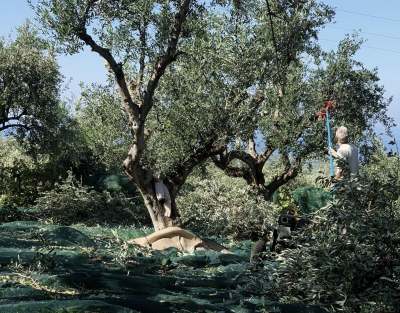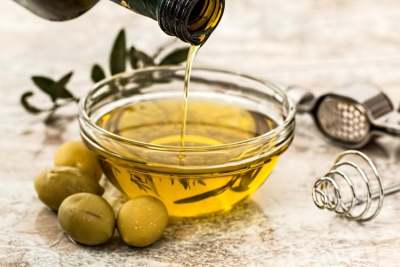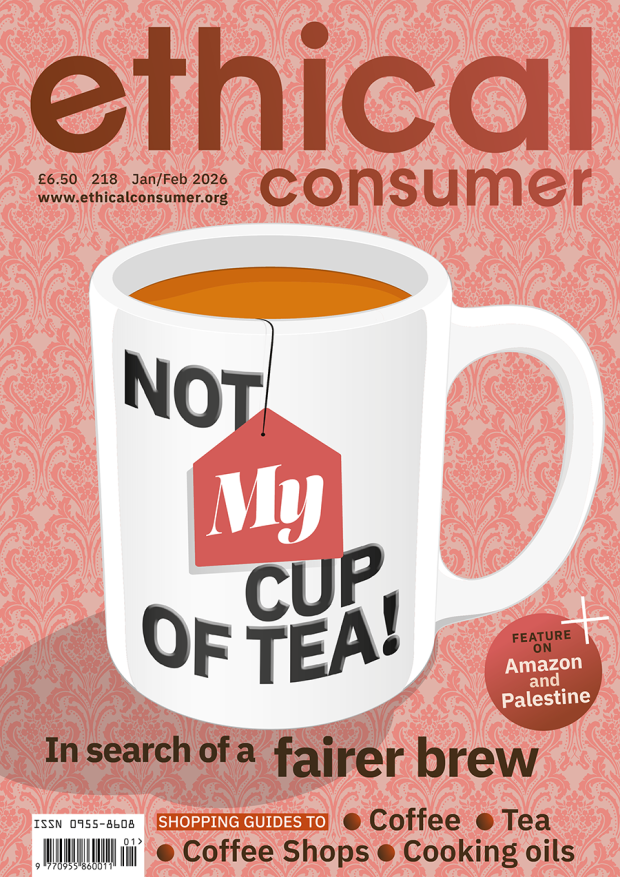How to find an ethical and sustainable olive oil
Many people use olive oil in cooking, particularly for Italian and Spanish dishes, and in salads where the flavour of the oil is more noticeable and is preferred to a general cooking oil.
At the same time, consumers are interested in sustainability issues such as organic farming and sustainable sourcing.
We discuss the environmental impact of olive oil, pesticide use and organic olive oil, and look at which type of packaging is best for olive oil.
Olive oil brands in the guide
We cover 15 brands of olive oil, from the well-known brands like Bertolli, Filippo Beiro, and Napolina, to independent brands, like Suma and Zaytoun.
Although supermarkets are not included in this guide, we ranked supermarkets in their own shopping guide. None of them perform brilliantly, although Co-op and Waitrose are the better scorers.
If you prefer to buy from supermarkets, look out for organic options from their own-brand ranges.






